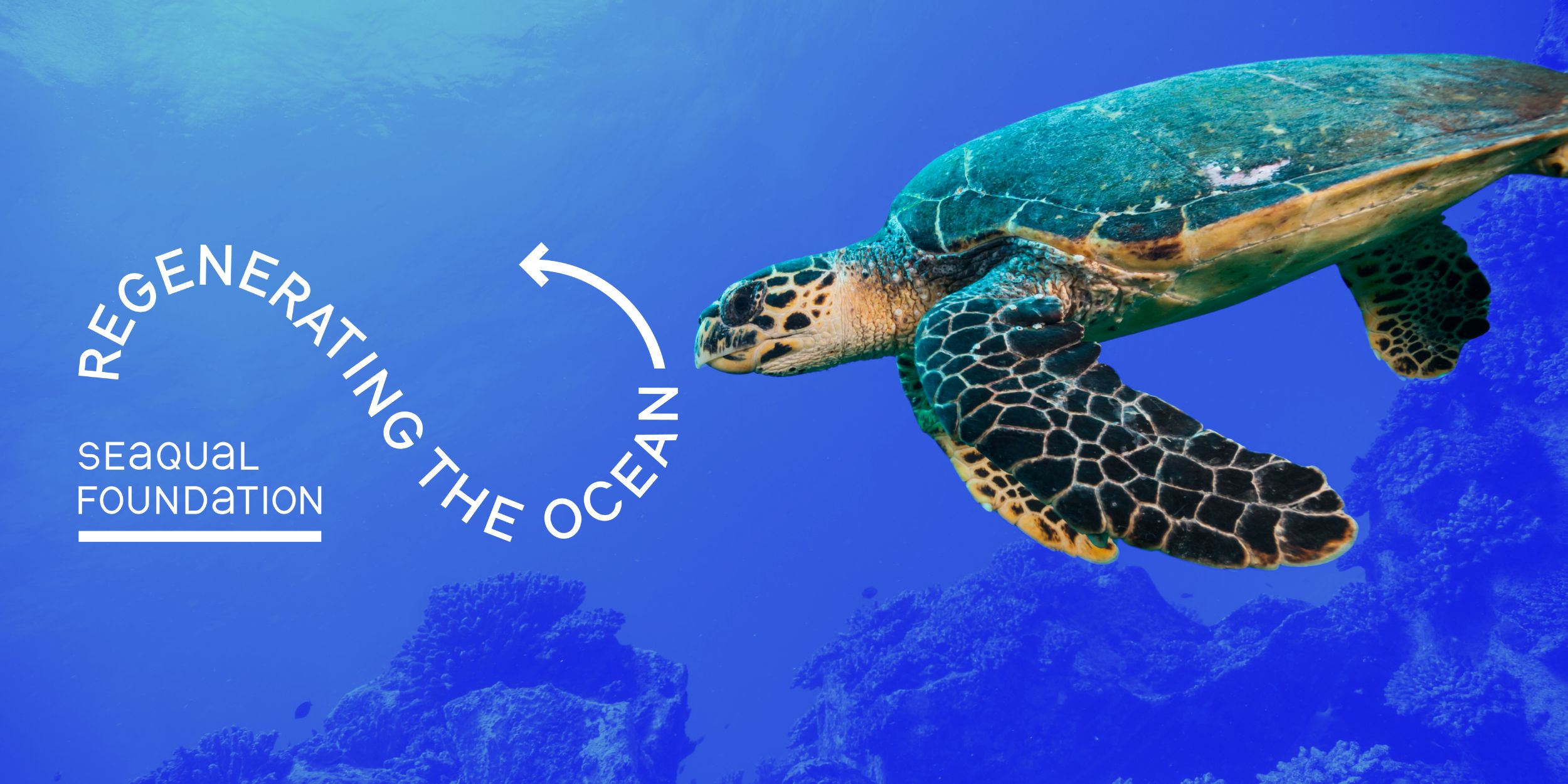
SEAQUAL INITIATIVE was created to coordinate global ocean clean-up efforts — one piece of plastic at a time. Working alongside it, SEAQUAL FOUNDATION focuses on regeneration, supporting projects that restore, rebuild, and protect vital marine ecosystems.
What makes their story remarkable is not just the recovery of waste, but the innovation that happens afterward. Through SEAQUAL INITIATIVE, marine litter is transformed into SEAQUAL® MARINE PLASTIC, a recycled material now used in textiles for fashion and design. Meanwhile, SEAQUAL FOUNDATION is leading efforts to regenerate marine habitats, protect biodiversity, and empower communities who depend on the sea.
Francois Devy, Managing Director of SEAQUAL FOUNDATION
SEAQUAL INITIATIVE helps clean the ocean by mobilising clean-up programs that recover marine litter from beaches, coastlines, rivers, and the ocean floor. But the Foundation quickly realised that removing plastic was only part of the solution. Marine ecosystems are fragile, and simply collecting waste without restoring biodiversity doesn’t address the whole picture.
SEAQUAL FOUNDATION was launched as a non-profit dedicated to deeper regeneration — looking at the ocean as a living system that needs repair as much as it needs protection. Its projects include rebuilding marine habitats, restoring coral, protecting endangered species, and supporting circular economies in small-scale fishing and coastal communities.
Francois Devy, Managing Director of SEAQUAL FOUNDATION
One of the most interesting aspects of SEAQUAL FOUNDATION’s work is its focus on local partnerships. The Foundation collaborates directly with grassroots clean-up organisations, NGOs, and social enterprises in more than 60 countries — from the Mediterranean to Southeast Asia, Latin America, and beyond.
These on-the-ground collaborations provide employment, education, and infrastructure in communities often on the frontlines of plastic pollution — places where beach cleanups aren’t a trend but a necessity.
Each project includes cleaning, restoring, protecting, and sharing knowledge within local communities. Whether safeguarding sea turtles in Tunisia, reviving papyrus along the Nile, or monitoring seahorses in Spain, these projects show how local action — combined with community involvement — can have a lasting global impact.
They also remind us that the health of the ocean is inseparable from the wellbeing of coastal communities, economies, and cultures. As climate change drives sea level rise, restoring natural water-bound ecosystems becomes essential — not only to protect biodiversity but to safeguard livelihoods.
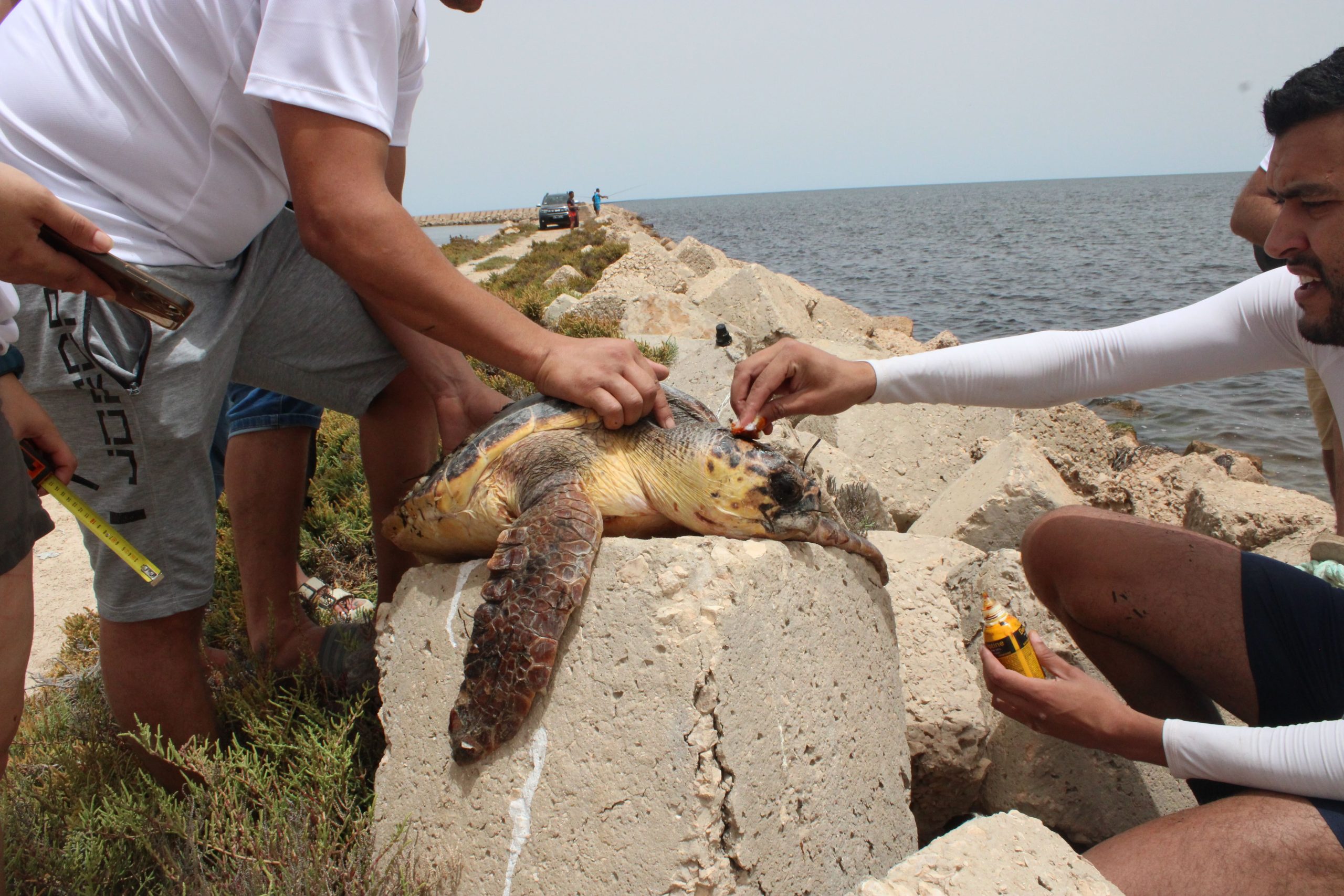
On Tunisia’s Kerkennah Island, sea turtles face mounting threats from pollution, habitat loss, and fishing practices. SEAQUAL FOUNDATION supports local teams that patrol nesting beaches, monitor turtle populations, and rescue injured individuals. These efforts are paired with community education programs designed to reduce risks and foster coexistence between people and marine life.
Sea turtles are considered a keystone species — their survival helps maintain healthy seagrass beds and coral reefs. Protecting them safeguards the wider ecosystem and sustains local fishing communities who rely on balanced marine habitats.
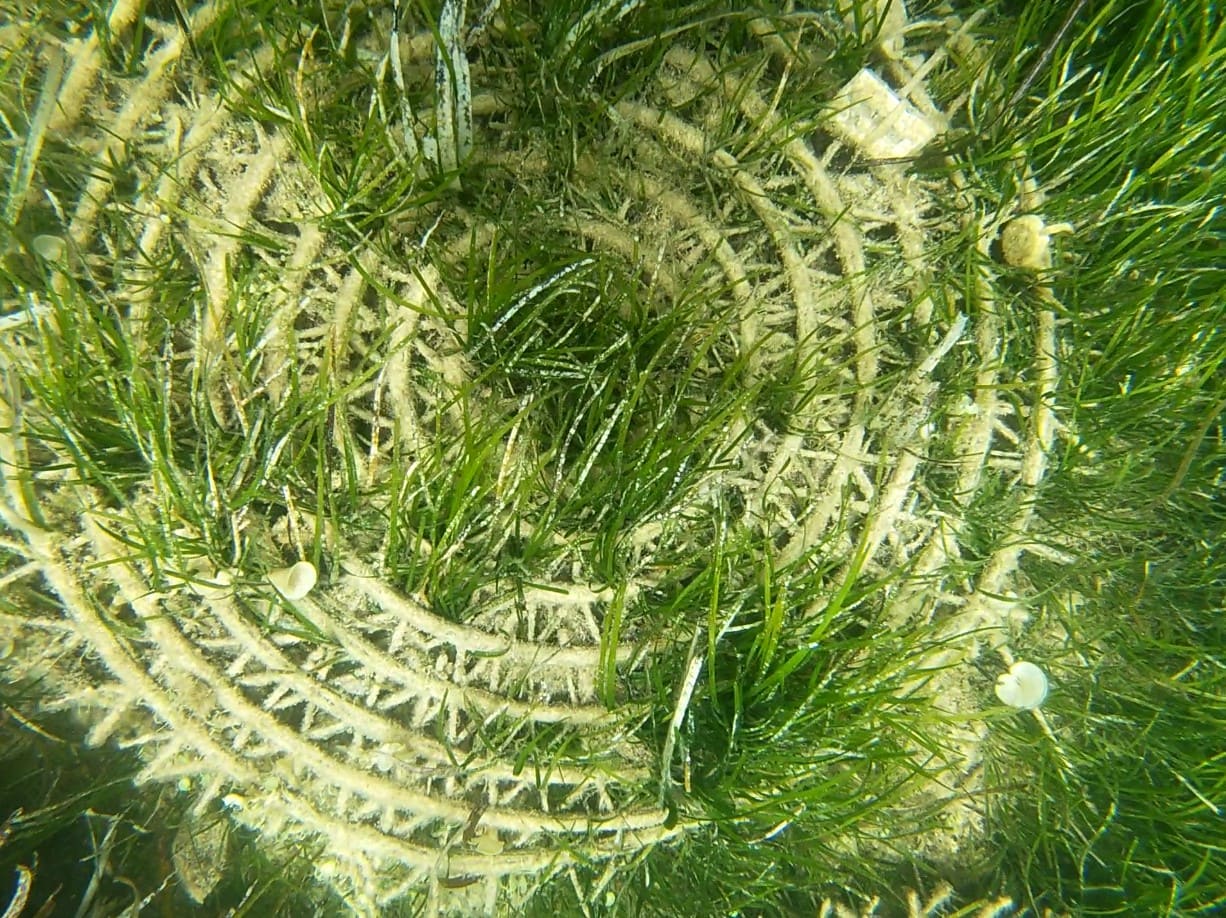
The PP-Ker Project, known as Poseidon’s Daughter, tackles the decline of Posidonia oceanica — a seagrass meadow nicknamed “the lungs of the Mediterranean.” According to SEAQUAL FOUNDATION, these meadows produce vast amounts of oxygen, stabilise sediment, and provide shelter for countless marine species.
To restore damaged areas, the project deploys biodegradable ecological carpets made from natural fibres. Volunteers anchor seagrass fragments into these mats, creating new foundations for growth. The initiative combines scientific monitoring with local community engagement, involving fishermen, schools, and civic groups.
By regenerating these meadows, the project supports biodiversity while strengthening natural coastal defences against erosion and climate change.
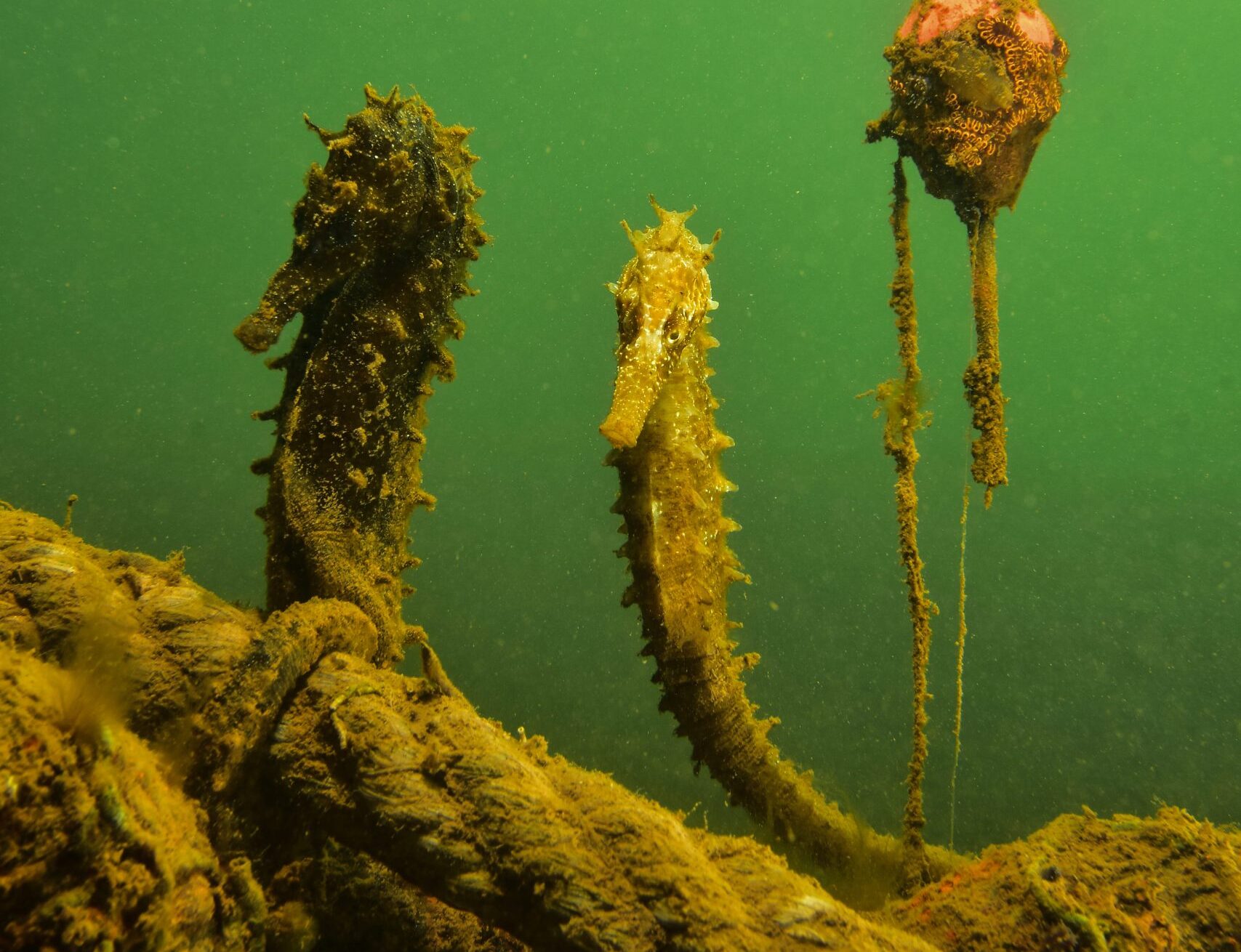
Once abundant in Spain’s Mar Menor lagoon, seahorses are now on the brink of disappearance due to habitat loss, pollution, and rising temperatures. SEAQUAL FOUNDATION collaborates with conservationists to monitor remaining populations, restore breeding grounds, and raise public awareness of the lagoon’s fragile ecosystem.
Seahorses are an indicator species — their decline signals wider environmental distress. Protecting them helps safeguard the lagoon’s biodiversity and inspires stronger conservation measures in one of Europe’s most threatened coastal areas.
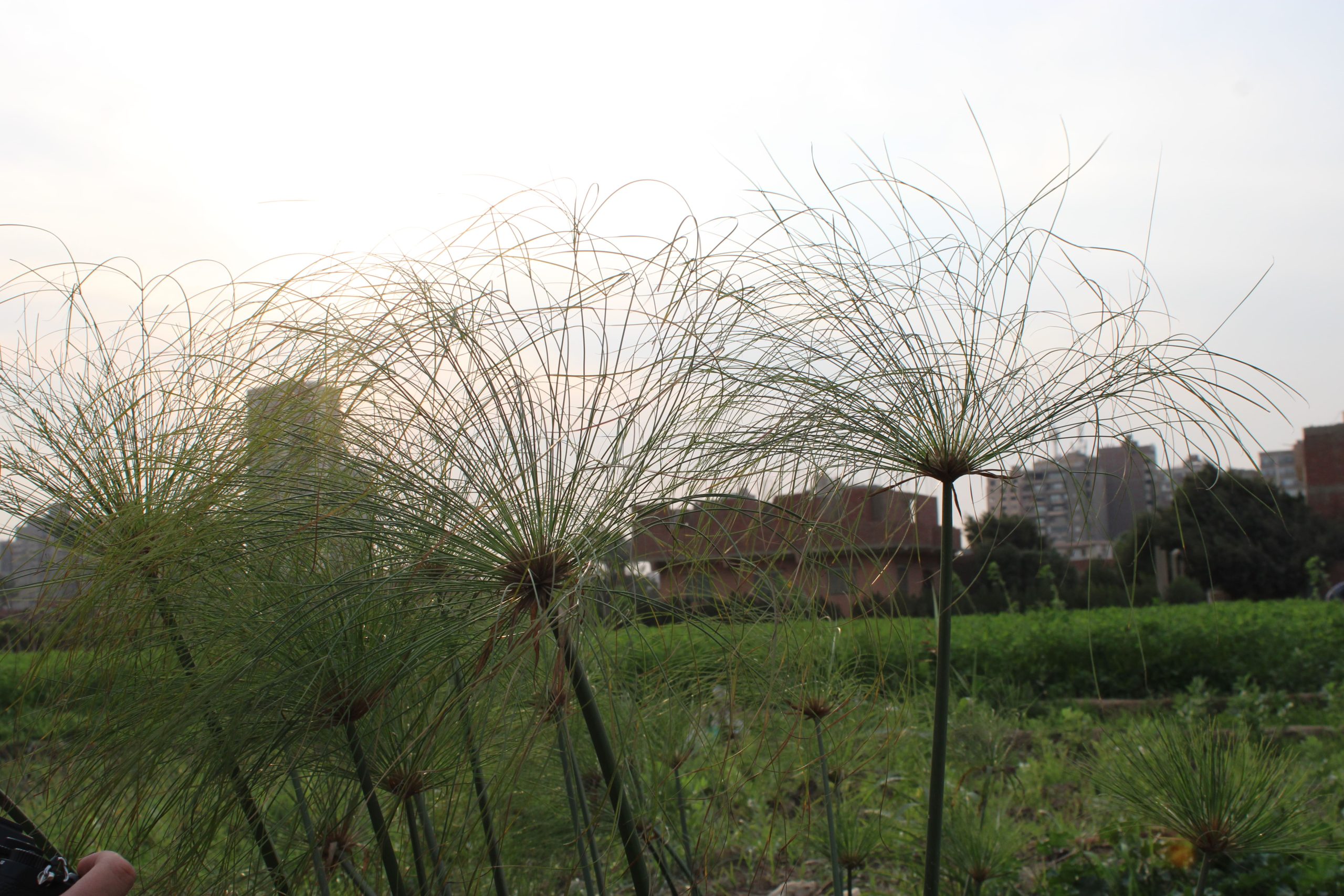
In Egypt, papyrus once thrived along the Nile, providing habitat for wildlife and stabilising riverbanks. Human activity and environmental degradation have reduced papyrus to such low levels that it almost disappeared.
SEAQUAL FOUNDATION supports replanting projects that bring papyrus back to the river. This not only restores biodiversity but also revives cultural heritage — reconnecting Egyptians with an ancient symbol of their history. The reintroduction of papyrus also helps filter water, combat erosion, and enhance the resilience of riparian ecosystems.
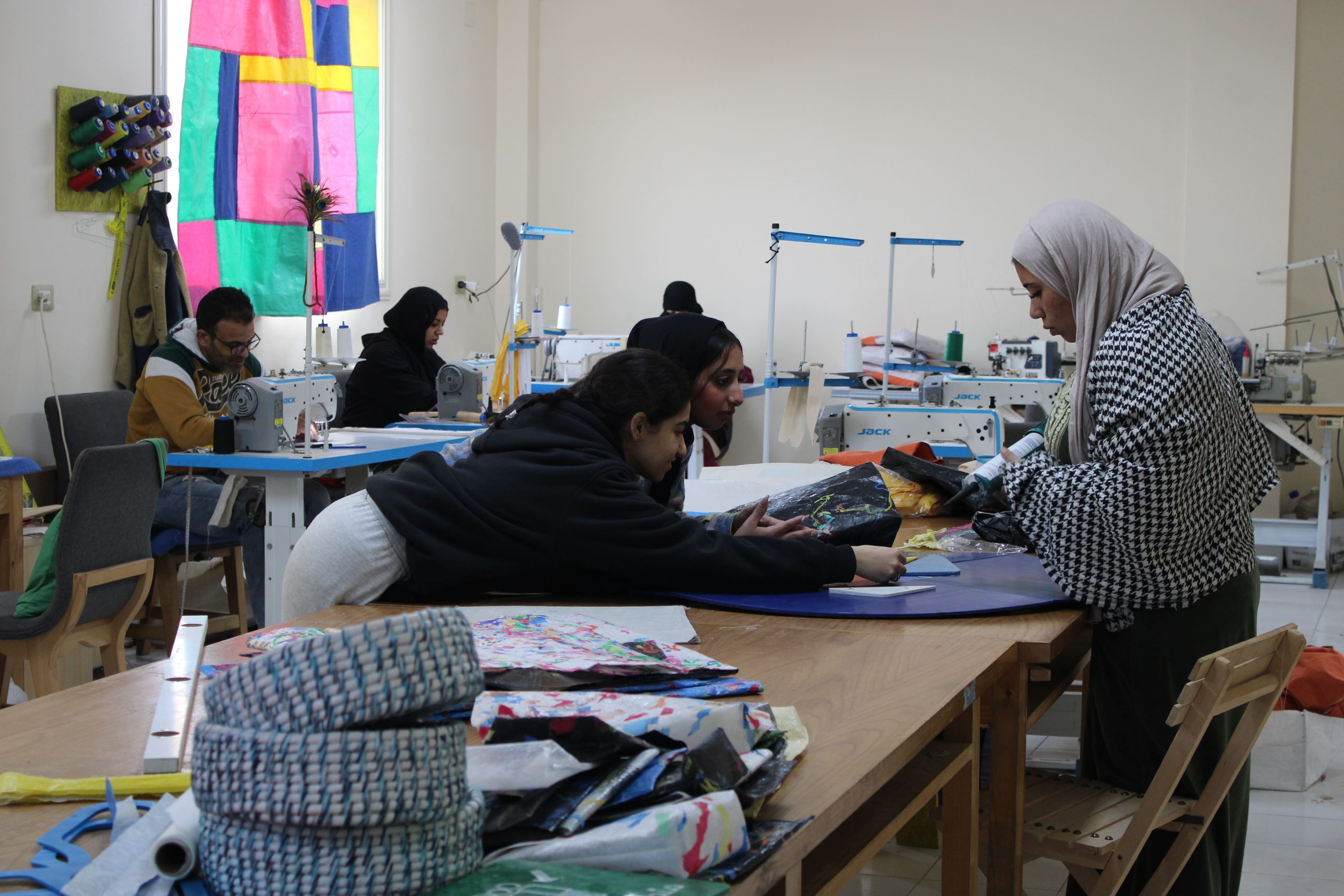
A large part of SEAQUAL’s story begins with SEAQUAL INITIATIVE and its clean-up campaigns stretching from the Mediterranean to Latin America and Asia. These operations remove tonnes of waste from beaches, rivers, and seabeds — but their real value lies in raising awareness and mobilising communities.
In many regions, clean-ups also create jobs and infrastructure, turning what was once waste into opportunity — both economic and social.
SEAQUAL FOUNDATION invites individuals, brands, and organisations to join its mission. Contributions can take many forms — from annual donations and pledges of a percentage of sales to long-term partnerships with grassroots initiatives.
To learn more or get involved, visit seaqualfoundation.org and explore their network of partners and regeneration projects.